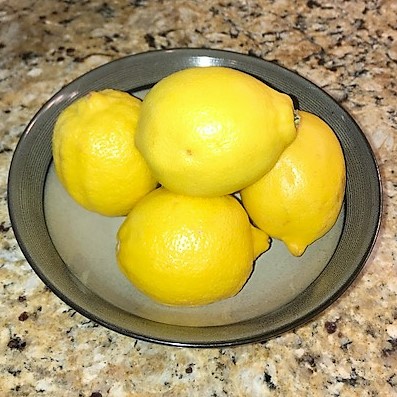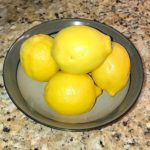2020 Rocky Mountain Dental Convention
It’s January, which means it’s time for the 2020 Rocky Mountain Dental Convention (RMDC). This is an annual trip for the staff and me. Last year, I was a little jet-lagged as Carla and I had just returned from a dental mission trip in Fiji and Tarawa Atoll. This year, I was well rested until I caught that bad cold…. The good news is that everyone except Judy A (hygienist) was able to make the trip.
Why We Attend the RMDC
First and foremost, the conference allows us to attend lectures on issues relevant to how we practice dentistry. For example, I was able to attend a lecture on cracked teeth and another on composite fillings. The way we approach these classes is to know that while some information we already know, there’s almost always a nugget of information that makes it worth our time to attend. Staff members attended classes on dry mouth, nutrition, and other valuable topics. Michele spent time on classes that will help her more efficiently manage the front desk. All in all, another valuable conference.
The Dangers of Sugar
Several of us attended the class on nutrition. One key take-away is the growing body of evidence as to the negative health affects of sugar. As dental professionals, we have understood for a long time that sugar is not good for teeth. Our 2018 blog post Limit Sugar in your Diet highlights how sugar can impact dental health. What we are seeing more of, though, is research showing that sugar can have a negative affect on more than just dental health. Our lecturer suggested that the only sweetener he would recommend is Stevia, something Carla and I switched to last year.
New Equipment?
Another important aspect of the RMDC is the chance to see the latest in dental products and equipment. Vendors have information and products for us to see. It’s very possible that you will be seeing a new dental chair or two the next time you visit our office! And, over the next month, we will be switching to a VOIP phone system that integrates with our practice management software. We think this new system will allow us to be even more productive at the front desk.
Our Staff is the Best!
Carla and I have attended conferences in the past where we’ve seen and overheard employees “skipping” classes. I appreciate that our staff is genuinely interested in continuing dental education and they happily attend lectures, anxious to see what new information/technology/techniques can be brought back to the office. This dedication to excellence by everyone in our office directly impacts our ability to provide patients the best dental care possible. The Rocky Mountain Dental Convention is an important event in our ability to continue to meet the needs of our patients.
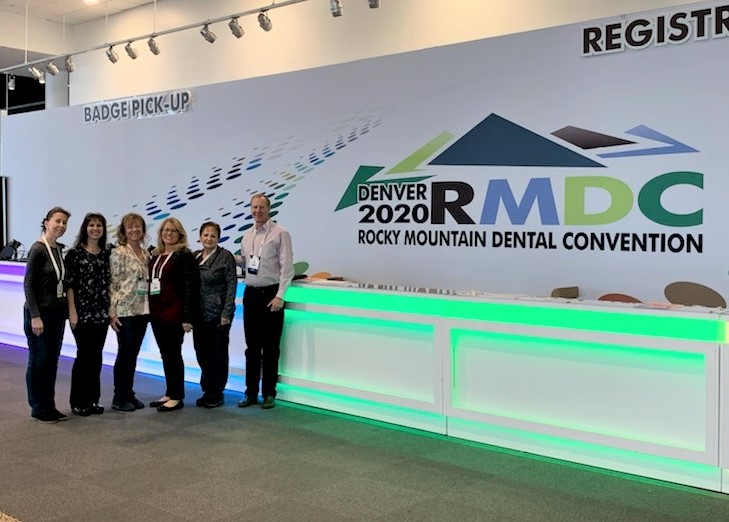
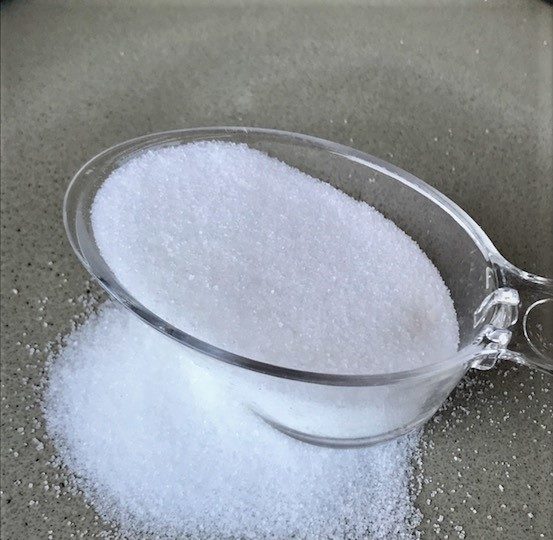
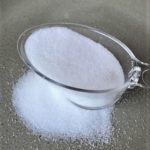 From a dental perspective, there are many reasons to limit sugar in your diet. Bacteria in your mouth interact with sugar to produce acids. These acids can destroy tooth enamel, which can lead to the formation of cavities. Cavities that are left untreated can lead to root canals, crowns, or even removal of teeth. A diet high in sugar increases the likelihood of a person developing dental problems.
From a dental perspective, there are many reasons to limit sugar in your diet. Bacteria in your mouth interact with sugar to produce acids. These acids can destroy tooth enamel, which can lead to the formation of cavities. Cavities that are left untreated can lead to root canals, crowns, or even removal of teeth. A diet high in sugar increases the likelihood of a person developing dental problems.